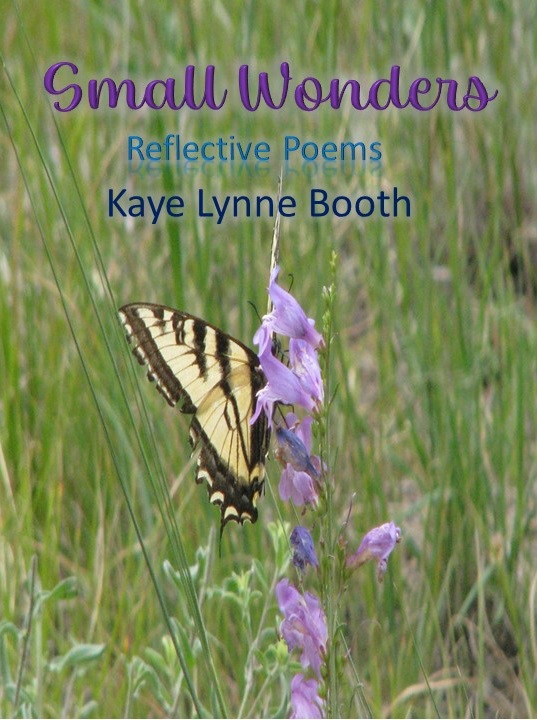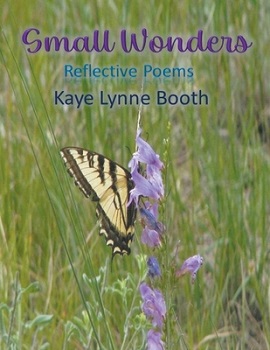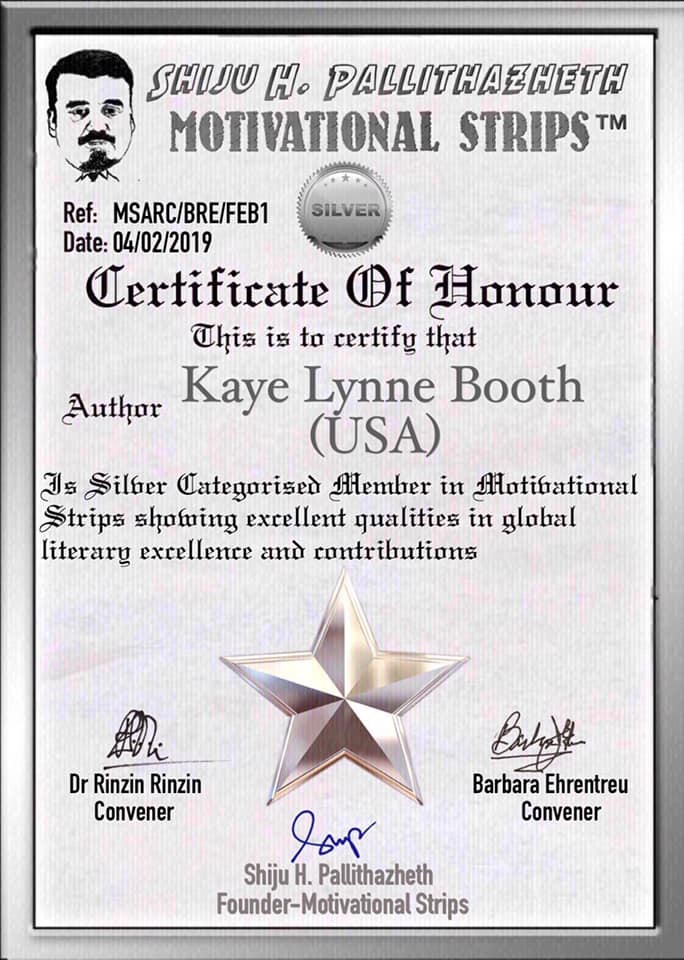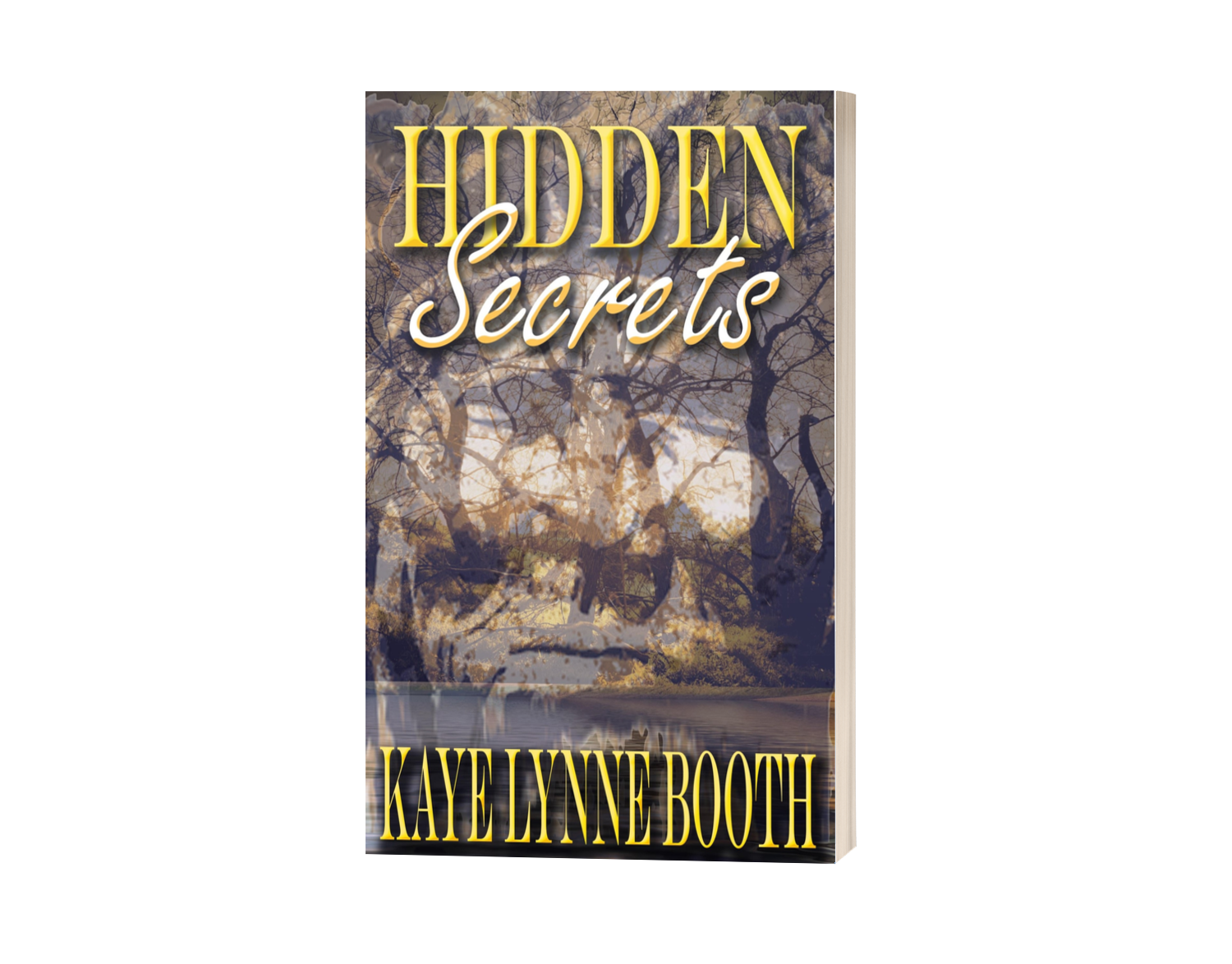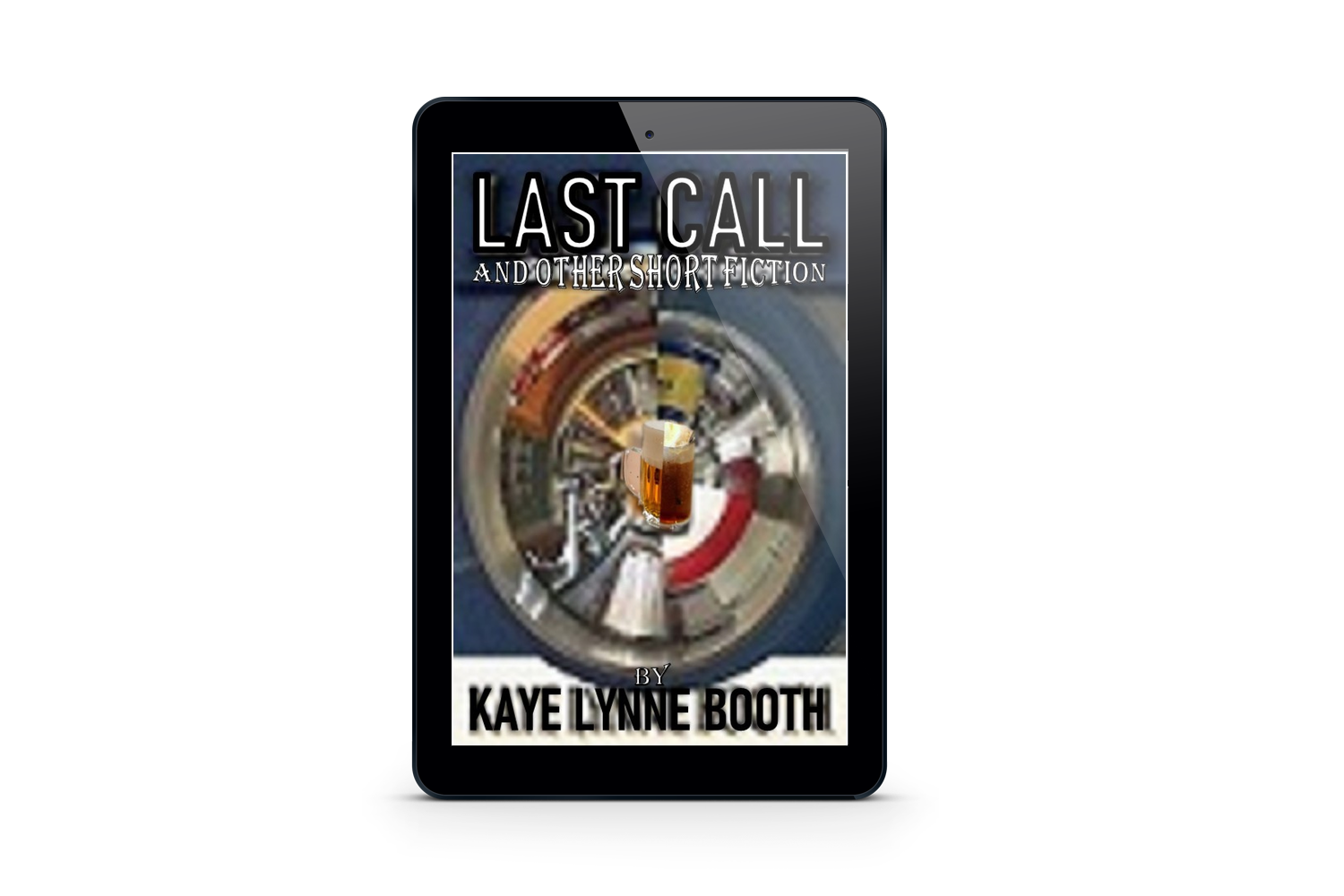A Reading from Small Wonders: A Haiga Poem
Posted: April 30, 2024 Filed under: Book Sales, Books, Collection, Poetry, WordCrafter Press | Tags: Kaye Lynne Booth, National Poetry Month, Poetrhy Readings, Poetry, Poetry Collection, Small Wonders, WordCrafter Press 2 Comments
On Sale for National Poetry Month – Only $2.99
Purchase Link: https://books2read.com/SmallWonders
A Poetry Reading from Small Wonders: A Tanka Poem
Posted: April 28, 2024 Filed under: Book Sales, Books, Collection, Poetry, WordCrafter Press | Tags: Kaye Lynne Booth, Poetry, Poetry Collection, Poetry Readings, Small Wonders, WordCrafter Press 4 CommentsOn Sale for National Poetry Month – Only $2.99
Purchase Link: https://books2read.com/SmallWonders
A Reading from Small Wonders: “Bird Watching”
Posted: April 21, 2024 Filed under: Book Sales, Books, Collection, Poetry, WordCrafter Press | Tags: Kaye Lynne Booth, National Poetry Month, Poetry Collection, Poetry Readings, Small Wonders, WordCrafter Press 2 CommentsOn sale for National Poetry Month – Only $2.99
Purchase Link: https://books2read.com/SmallWonders
A Look at Poetry Reviews of the Past Year: In the Shadow of Rainbows
Posted: April 20, 2024 Filed under: Book Review, Books, Collection, Poetry, Review | Tags: Book Review, In The Shadow of Rainbows, Poetry, Poetry Collection, Selma Martin, Writing to be Read Leave a commentIt celebration of National Poetry Month, I’m reblogging my poetry reviews from the past year on Saturdays throughout April in case you missed any of these noteworthy poetry collections.
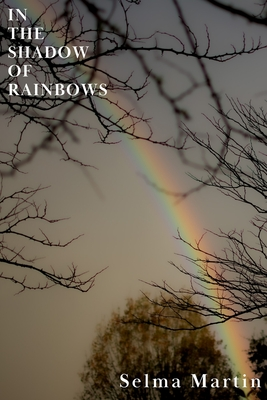
Reviews of my poetry collection, “Small Wonders”
Posted: April 7, 2024 Filed under: Book Review, Books, Collection, Poetry, Review | Tags: Kaye Lynne Booth, Poetry, Poetry Collection, Small Wonders, WordCrafter Press Leave a commentOn sale for National Poetry Month – Only $2.99
Purchase Link: https://books2read.com/SmallWonders
A Look at Poetry Reviews from the Past Year: Ever So Gently
Posted: April 6, 2024 Filed under: Book Review, Books, Collection, Poetry, Review | Tags: Book Review, National Poetry Month, Poetry, Poetry Collection, Writing to be Read Leave a comment
It celebration of National Poetry Month, I’m reblogging my poetry reviews from the past year on Saturdays throughout April in case you missed any of these noteworthy poetry collections.
Today’s selection is Ever So Gently, by Lauren Scott
Book Review: Cashing Checks with Jim Morrison
Posted: March 15, 2024 Filed under: Book Review, Books, Collection, Poetry, Review | Tags: Book Review, Cashing Checks with Jim Morrison, Lindsay Martin-Bowen, Poetry, Poetry Collection, Writing to be Read 11 CommentsAbout the Book
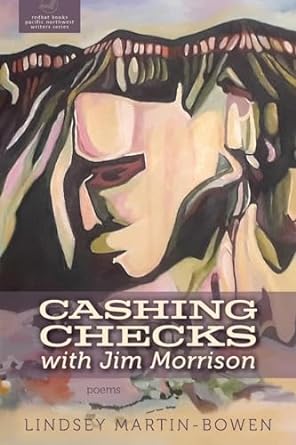
“CASHING CHECKS with Jim Morrison offers a surreal cascade of archetypes from, among others, ancient Greece, the Bible, American Literature, and pop culture. Moving through it is the speaker’s companion spirit and guru, Jim Morrison-Lizard King, Narcissus/Adonis. Set in a world where, in Albert Einstein’s words, ‘reality is merely an illusion, ‘ Lindsey Martin-Bowen’s poems are alive with wit, evocative imagery, insight, and sometimes downright playfulness. Through heeding Morrison’s counsel to ‘go weirder, ‘ she’s made this collection reader-friendly.”-William Trowbridge, Missouri Poet Laureate, 2012-2016 Author, Call Me Fool (2022)
“In Lindsey Martin-Bowen’s CASHING CHECKS with Jim Morrison, I relish every word, compelled by the poet’s stories and singing voice. Fantasy and fact merge in these invocations of the seminal American rocker Morrison and of his spirit. Join me as a reader in exploring this exciting testament to the power of language to resurrect history and wonder.”-Denise Low, Kansas Poet Laureate, 2007-2009 Poetry Unbound Featured Poet
My Review
I was thrilled to receive a print copy of Cashing Checks with Jim Morrison, by Lindsay Martin-Bowen. The title alone, was enough to peak my interest, and lend anticipation as to what I could expect within its covers.
This collection of poems is all about hanging out, and philosphizing with the spirit of the late, great, Jim Morrison. I was amazed by the way the author captured the voice of Morrison in many of the poems, enough to let me believe briefly that maybe the author truly does converse with the dead musician. Included are poems that serve as social commentaries on life and love, on the state of the world today, and on possible futures; topics which every one of us can relate to.
So many of these poems struck a chord with me that it is impossible to pick one favorite. but I really loved the imagry in “Coming Back to Me”.
The dawn inhales and holds its breath, drawing
wisps of clouds up the foothills, where theyb hover.
Jim steps out of the mist, unsteady as some soldier
searching for his platoon on a surreal battlefield.
He wedges boot heels into fissures be3tween rock
ledges, ambles down to where gravel meets asphalt.
Then he steps onto the road leading to my Dutch
Colonel on a corner in this mountain college town,
where I chose to spend many of my remaining days,
watching parades of seasons pass in the hills’
keleidescope of colors revolving — in fall, scarlet,
gold, and bronze. In winter, cobalt blue and white.
Spring brings a rushed array — one week yellow,
the next red, then purple, and green never leaves
till late August, just before the aspen twitter
with orange and gold coins glittering in sunlight.
I don’t see a move to Kansas or any spot east, wonder
if Jim and I will land in Venice, his California beach.
He raises a hand and yells, ‘lo,’ his voice echoing
down the street, falling at my knees, now trembling.
When he heads my way, I smell his Jade East, see
his hazy body morph into solid physique, black
leather pants, jacket, and sandaled feet. He lifts his chin,
shakes his curls, then lowers his face and stares at me.
Still trembling, I remember our jaunts on a motorcycle
and a persnickety jeep — wonder if I’ll ever be free again
or if I’ll ride highways like some banshee for eternity.
And I also enjoyed the section of Tanka strings, always the sucker for syllabic poetry. Most have five Tankas, but “Jim Morrison and I Lose Our Way on a Moon Dog Night” isonly two, and short enough to share with you here.
The drive home’s always
this way — too long, when sudden
changes shakes us up.
After a few warm, sunny
days, cold winds hit us again.
Tonight, an odd haze
encircles the moon like white
light in an X-ray
outlining a frail hip bone
fallen into necrosis.
An unusual collection of poetry through which to view the world through different eyes; perhaps through the eyes of Jim Morrison. I thoroughly enjoyed Cashing Checks with Jim Morrison, and I give it five quills.
______________________________________
Kaye Lynne Booth does honest book reviews on Writing to be Read in exchange for ARCs. Have a book you’d like reviewed? You can request a review on the Book Review tab above.
Book Review: In the Shadow of Rainbows
Posted: January 12, 2024 Filed under: Book Review, Books, Collection, Poetry, Review | Tags: Book Review, In The Shadow of Rainbows, Poetry, Poetry Collection, Selma Martin, Writing to be Read 15 CommentsAbout the Book

In this dazzling debut poetry collection of over 60 carefully selected poems, author Selma Martin points the way to the beauty in the everyday, the shadow of the rainbow, and the silver lining at the edge of every cloud.
Favouring lyrical forms, and revelling in rhymes and musical language, the individual poems in this collection harmonise together in symphonic splendour to form an enlightening and delightful whole.
Purchase Link: https://www.amazon.com/Shadow-Rainbows-Collection-Songs-Presence-ebook/dp/B0CB5PLMB6/
My Review
I’m happy to be able to begin 2024 with the review of Selma Martin’s debut poetry collection, In The Shadow of Rainbows. Many of the poems in this special collection have a lyrical feel to them from the poet’s unique style, finding ways to celebrate life and the wonderful things found when you least expect them, lying hidden in the shadows. I received an ARC copy from the author in exchange for an honest review.
I see poems as personal reflections on love, life and nature. They express the unique way that each poet sees the world, and shares them, opening doors for others to view the world in a different way. Poetry can express some amazing things, and make its readers think of things in ways they’ve never before considered. Selma Martin has done just that, opening doors to reveal the hidden world which jumps out and surprises us from the shadows of rainbows.
I truly enjoyed reading through this collection, often going back and rereading poems which resonated with me personally. It is often amazing to view the world through someone else’s eyes, revealing what we might not otherwise see, and this journey offered in Martin’s collection is a truly wonderous one. This delightful collection of lilting, lyrical poetry offers special appreciation for life, love and the world around us.
As with most poetry reviews, the best way to describe the poet’s unique style and perspective is to share some of my favorite selections for my readers to judge for themselves. Because, after all, the poetry speaks for itself better than anything I could say to describe it.
(Martin’s form doesn’t transfer well on WordPress, so I hope I didn’t butcher them too badly.)
Slice of Life
Flanked between two warnings, I live you, planting the light hours with loving acts, for you, for us, for our menage,
and when I meet dusk, filled,
ready for our mingling at the table, where we swap slices of lived moments of the same day, hearts swell replete.
The Lore
Azure and unperturbed is the sky until a little
cloud perches high above me near sunset
I quit my book
glad Cloud stopped for me.
We stare at each other long, me, blanking out toils and troubles, Cloud turning orange and peach until she mauves herself,
Melding with Sky, and follows it.
When I can discern her no more I walk away from my tent-down to the small river that gurgles. I watch it gain speed, and as it snakes into the noble Pacific
I hear her babble me a goodbye.
A salacious wind blows warm air behind my ear but soon disowns me, a moth brushes on my temple and is gone much too soon.
Everyone’s on the move except me- I don’t mind, I have the chant of the river, the bustling of bugs,
puddles of moonlight, silhouetting the beauteous forms of things and best of all, and best of all the seven daughters of Atlas
clustered over me.
What else do I need?
For an Hour
when a colorless day let’s slip a rare irreproachable hour
take it and indulge it for a while sit with it, let it swallow you while
or paint it with shades alluring, dye each section with thoughts of hope
paint your steps from here to the seashore pigment the waves to humor the sun
taint the sun-no wait-don’t paint the sun we need Helios to stay as is
winnow the bulrush color-washed clouds that camouflage Mt. Fuji
and the hawk-just let the hawk be duly, a day will never beam
without bringing you recall
of the sea, laughing with you for an hour
A wonderful way to begin the new year with a lovely collection of poetry. I give In The Shadow of Rainbows five quills.
_________________________________________________
Kaye Lynne Booth does honest book reviews on Writing to be Read in exchange for ARCs. Have a book you’d like reviewed? You can request a review here.
Book Review: Ever So Gently – A Collection of Poetry
Posted: November 25, 2023 Filed under: Book Review, Books, Poetry, Review | Tags: Book Review, Ever So Gently, Lauren Scott, Poetry, Poetry Collection, Writing to be Read 20 CommentsAbout the Book

In Ever So Gently, Lauren Scott shares her strong link to nature, taking the reader on a tranquil walk through a redwood grove. You’ll find an invitation to sit quietly on a patio, captivated by the simple beauty of a hummingbird. She’ll entice you to revel on the shore of a freshwater lake, mesmerized by its stunning beauty.
Scott shares how love has shaped her life. From that first delicious kiss to celebrating decades of marriage through a love that deepens over time. How her heart melted when she became a mom, then ached when her children started their adult lives across country. And how her adorable canine companions found their way into her heart.
Scott underscores how life presents mysteries we struggle to solve. We can’t help but ponder the deeper meaning of a simple vision. She prompts you to reminisce and reflect on your past, present, and future. Through the ups and downs. what matters most is to love and live ever so gently.
Purchase Link:
My Review
For me, poetry is best enjoyed in print, where I can hold the book in my hands and leaf through the pages, taking in each poem in small doses, and revisting those poems which have sparked further thought in my mind. So, I was tickled to receive a print copy of Ever So Gently: A Collection of Poetry from author Lauren Scott. In this delightful collection, we hear the author’s confident approach to life, feel her inner appreciation of the natural world arond her, and gain insight into value of connection with the people she loves and cares about.
Poetry is so personal, offering a window into the author’s soul, and Ever So Gently does this beautifully. Many of the poems contained within resonated with me on a personal level. As a both nature and animal lover, the vivid images of the cautiously flitting hummingbird, a garden renewed, and beloved pets helped me to feel the moments described within each, as if witnessing or experiencing them.
Messages from the Sea
listen intently
inhale, exhale, feel the calm
your soul will tank you
secrets ride the waves
ebbing, flowing in turquoise
we are not privy
whispers in the surf
ambiguous to discern
relish in their song
_________________________
For Lauren Scott, nature is soothing, healing. I can relate with that as nature is also where I go for solace.
Chilling Embrace
I have been embraced
by the chilling presence
of lonliness.
I have wondered where the niche
designed for me exists in this world
in which my breaths originate.
I have waited for the glow
to emerge behind the shadows.
But when I take that soft step
into the splendor of nature,
listen to the treeswhisper their sagacity,
feel the flowing rivers move my pain,
creating vast distance between it and me,
I have been revived by the compassion
that nature offers so unselfishly.
_____________________________
But my very favorites were the poems in which she expressed her love of the written word, a love that I share, so can relate well with.
Books
Stories, poetry
Compelling, transporting, entertaining
Turning pages is exciting
Paperbacks
______________________________
But my true favorite is the poem that shares the title the book is so aptly named for. In it I see clearly the author’s positive, grounded attitude toward life. A wonderful outlook, to be sure.
Ever So Gently
Sometimes we get lost
in our thoughts…
losing focus of the stars
lighting up the night sky.
We tumble too deeply
into the frontal lobe,
allowing negative thoghts
to awaken, to throw a tantrum.
Remember, the breeze carries
burdens down river
and across oceans,
majestic trees sway with joy,
sheltering from shadows,
and the light shines even if only
a slight glimmer slips through.
Its glow will grow ever so gently
into a bright beacon of hope
rising with the golden sun
bringing clarity to our vision.
____________________________
With her uplifting poetic verse Lauren Scott basks in the earth’s beauty, cherishes loved ones, ponders life’s mysteries. Highly recommended. I give Ever So Gently five quills.
__________________________________________________________________
Kaye Lynne Booth does honest book reviews on Writing to be Read in exchange for ARCs. Have a book you’d like reviewed? You can request a review here.
Treasuring Poetry Special Remembrance Month Edition: Poet, Frank Prem, discusses his war poetry #poetrycommunity #warpoetry #TreasuringPoetry
Posted: November 15, 2023 Filed under: Book Review, Books, Collection, Interview, Poetry, Review | Tags: Book Review, Frank Prem, From Volyn to Kherson, Interview, Poetry, Poetry Collection, Review, Robbie Cheadle, Treasuring Poetry, War, War Poetry, Writing to be Read 51 CommentsToday, I am delighted to welcome prolific and masterful poet, Frank Prem, back to Treasuring Poetry. Frank writes incredibly relatable poetry that covers a wide variety of topics relevant to modern life including the bush fires that raged in Australia a few years ago, Devil in the Wind, working as a psychiatric nurse in an institution, The New Asylum: A Memoir of Psychiatry, as well as collections about war. I have read Frank’s beautiful and moving collections about World War 1, Sheep on the Somme, and the war in the Ukraine, From Volyn to Kherson: Interpretations of the War in Ukraine. Frank also writes romantic poetry, interpretive modern poetry and verse books for children. In the nicest way, nothing is safe from Frank’s poetic pen.

Tell us a bit about your war poetry collections
I developed an interest in the First World War many years ago and was particularly interested in the stories of Australian soldiers and their seeming need to volunteer to fight half a world away on the basis of loyalty to the British Empire and the Mother Country that was England, but also on the basis of a kind of chivalric principle. A moral fever that swept the nation.
I came across books that were written in the more modern historical style of telling stories to illustrate events – using the example of an identified soldier, from an identified town, with family details and background, then tracing their movements into the war and its various theatres and actions.
I found I was able to understand these individuals a little better and to empathise with them and their loved ones a little more than I otherwise could.
I also found myself interested in using images for my own poetic inspiration and that led me to the images held by Australia’s War Memorial. There was one image in particular that started me looking at pictures taken during the war. The image was of a white cross in a field of muddy and bloody craters. The cross marked the grave of Captain Ivor Margetts, much loved and respected by the men he led in battle. By the following day the cross and the grave were gone. They’d been blown to hell by the shelling.

I was tremendously moved by this, and as I searched for a version of that particular image online, I encountered many more, each with a poignant story to tell and many were destined to feature in my book Sheep On The Somme (https://www.amazon.com.au/Sheep-Somme-World-Picture-Poetry/dp/1925963144 ).
More recently, I found myself watching the sabre rattling over the Ukraine that was being perpetrated by Russia and was reminded very clearly of reading I’d done long ago about the beginnings of the Spanish Civil War back in the late 1930s and of the rise of Right-Wing Fascism in Europe during that same period of the 1930s. I was struck by the similarities and the ways in which those events and movements evolved into what became World War II. It was – and remains – quite concerning to see these way events continue to unfold.
As the news and pictures of Russia’s military build-up on the Ukraine border kept emerging, along with the seeming inability on the part of Ukraine to do anything to stop it, I watched events more and more closely.
When Ukraine’s borders were finally breached, there were more photographers and journalists on the spot than has ever been the case previously in a conflict. We were flooded with formal and informal news and masses of un-curated and un-censored images.
During the first nine weeks of the conflict I became engrossed in reading the news and studying the images. And – of course – I began to write.
I produced 3 volumes of poetry interpreting the Ukraine war – two of them will not be released because they used images taken by journalists in the field and I don’t have rights to use those images. The volumes (Bullets Into The Starichi Sky and I Call The Hole The War) sit on my private bookshelf here in my writing studio.
The third volume – From Volyn to Kherson – is a collection of poems in which I have attempted to use such talent for empathy as I possess to interpret the news stories I was reading in a way that enabled any of my own readers to get a sense of what the invasion and the conflict was like as an experience for the everyday people of Ukraine. What if it happened here, in my town? What would it be like to have seventy kilometres of armoured assault vehicles coming to surround and destroy my home town? Or yours?
I like readers to know where the inspiration for these writings has come from and so each individual poem is referenced and has a link to the online sources that I relied on in my writing. After nine weeks I was a little burnt out and had to stop writing, but I follow events over there diligently and worry about what I see happening in the wider world and which still so resembles the events of the 1930s.
What draws you to writing about wars?
I’ve encroached a little on this question with my answer above, I think, but I’ll try to elaborate a little more.
In my professional life I was a psychiatric nurse. Back (so many years ago) when I was a student nurse one of the areas of interaction with patients that was taught and stressed was empathy.
As I understood it, empathy was the ability to walk in another person’s shoes. To see things from the perspective of the other person, but not to necessarily sympathise, or accept, merely to understand in order to be able to reflect that understanding back to the patient.
The patients that came my way in psychiatry were invariably involved in and generally overwhelmed by personal chaos. This might have been due to illness, or it might have been due their life being in a mess they could not resolve. They might have been psychotic, depressed, suicidal, or experiencing any number of out-of-control situations.
That tool of empathy has stayed with me, I think, and now reveals itself in my writing. The experience of chaos by a person finds itself being reflected back in my writings.
I think it is in this way that I am attracted to attempt to unravel what a person may be feeling or experiencing in a war zone. Similarly, I find myself writing a lot about the human toll of natural disasters that come close to me or to my little place in the world.
I have always tried to develop my understanding of these things by writing my way through them. To help myself and any subsequent reader to understand by feeling what is happening through my words.
Tell us a bit about how you use photographs and newspaper articles to assist with writing your war poems
With newspaper articles, I try to extract the meat of the story. That part of the article that is the actual purpose – the reason that it is a story in the first place.
Often enough, there is human interest in the genesis of the article. I then allow the information to assemble itself in a way that I can present it to a reader. For example
What is grandmother doing in the kitchen? Is she cooking Sunday lunch? No. She is cooking Molotov cocktails for others to throw at invading vehicles. And . . . wouldn’t you or I, each do the same if this was happening in our back yard?
With an image, I anticipate that it will have a story to tell. I try not to impose myself and my own current thoughts or fears or desires on it, but to allow the story to be whatever comes.
For example, a golden paper daisy with a bright glow might well have a story to tell that reflects light, and the sun. But equally, it might be a harbinger – a prophet of some kind that draws attention to itself in order to be heard. I don’t know in advance what the story will be, but I try to keep myself out of its road and not to shape the narrative too much.
I have come to know, also, that each image will have a different story to tell to each viewer, so to the extent that I can, I try to facilitate a receptive space for that to occur through what I end up writing. I’ll give an example of how I find a story in a tiny image taken during wartime over a hundred years ago.

The image above is the view from inside a German army dugout in World War I – around 1916. It is from within this space that a small group of individuals fought their war.
When I look at this image, I notice a few things and I feel a few things. In no particular order:
- From pitch darkness up into light. A very small doorway.
- Claustrophobia.
- Fear.
- The smell of habitation. Bodily odours – where would the latrine have been?
- The knowledge of death and destruction and battle rage just outside
- Movement of the ground as shells fall outside. Perhaps close.
- Maybe the sound of enemy troops approaching the bunker to destroy it.
- What of family. Has this soldier (have I) written them a note to say goodbye?
I don’t have a personal experience of war, but I know what fear feels like. I know claustrophobia and the smells of my own body . . . and so on. I can draw on these to understand a little of what the soldier in the dugout might have felt.
The willingness to engage with these elements that come from the image allow me to engage my empathy and to allow a story – which the image itself contains – to be told.
What is your own favourite war poem?
I think that my personal favourite of my own written war poems is one that hasn’t featured in a book to date, but was written to be read for a spoken-word poetry slam 2 years ago. The criteria were that it needed to be 2 minutes reading time or less and to include the term ‘full circle’.
The poem told stories in word pictures and referenced images, without actually including them, if that makes sense. I have since recorded it for my YouTube channel and included there the images that the poem references, spanning both World War I and the current Ukraine war.
The link to the poem on YouTube is here: https://www.youtube.com/watch?v=JI3vRaTg0tI .
The text of the poem is below:
THE TRUTH OF TIME
(AS TOLD BY THE PICTURES)
picture 1
a group
of soldiers
are hanging out
of the doors
and windows
of a moving train
leaving Egypt
heading
to the western front
ready
for a stoush
a bit
of a barney
it’s time
to come to grips
with the enemy
and they’re cherry ripe
for a
blue
picture 2
dimitriy
is holding olga –
tightly –
on the platform
a blue train
is nearly ready to leave
she’ll go
to poland
across the border
dimitriy
will join his friends
in the territorials
a week
to practice
how to hold a rifle
and to learn
first aid
then away
he must forget
to be an accountant
he’s
a front-line fighter
now
picture 3
a heap of rubble –
bricks
and half-bricks
timber and concrete
and dust –
lies as a mound
among mounds
it is
a streetscape
an avenue
of homes
destroyed by artillery
a soldier –
rifle
slung over a shoulder –
picks his way
toward camera
there is nothing left
that might hold
use
or meaning
picture 4
the village near kyiv
is a series
of mounds
rubble
that was homes
and houses
a month or so
ago
a woman
is sifting
searching
for something –
anything –
that might
have a use
it’s all been destroyed
by missiles
and artillery
she hasn’t found
a lot
that will be helpful
~
pictures
pictures
they won’t
let me sleep
in the night
they shout at me
that we have come
full circle
and the ukraine
is in 1916 all over again
Who is your favourite war poet?
I can’t honestly say I have a favourite war poet, but I have read with a deep sense of connection stories such as All Quiet on the Western Front by Erich Maria Remarque with its empathy for the soldiers of the day. Here is the Wikipedia link: https://en.wikipedia.org/wiki/All_Quiet_on_the_Western_Front .
What is your favourite war poem?
I’m aware of many of the great poet writers of the First World War, such as Owen, Sassoon, Brook and Graves, among others, but for my response to this question I have to refer you and readers to a song that I first encountered back when I was a teenager (50 years, who would ever have thought . . .).
The song was performed by a wonderful English Folk ensemble called Steeleye Span, and the song is called Fighting For Strangers. Here is the YouTube link: https://www.youtube.com/watch?v=JI3vRaTg0tI
YouTube Links
In addition to the links given above, I would welcome viewers, new followers (if any so desire) comments and feedback on my YouTube Channel, where there a re a number of video readings from my war poetry collections (and natural disasters and psychiatry and others). Click on the link below to be taken along to the Playlists available on the Channel.
https://www.youtube.com/@frankprempoetandauthor726/playlists
Robbie and readers, thanks so much for having me along to chat for November’s Treasuring Poetry post.
My review of From Volyn to Kherson: Interpretations of the War in Ukraine

This book is a ‘hard’ read. It exposes the realities of war; the filth, the noise, the fear, and the destruction and death. No civilian wants war, it is something that is imposed on individuals because of factors outside of the man on the street’s control. Civilians, however, bear the brunt of war as the women lose their husbands and sons. The entire population generally loses its collectively homes, food stability, economic stability, access to sanitation, food, and healthcare. Many countries and populations never recover from wars and their populations become unwanted refugees. The sympathy of the unaffected world shrinks rapidly when wars and the resultant refugees impacts on their economies, making the slices of the economic pie for their own populations smaller.
The war in Ukraine hit me especially hard when I read about the Russian soldiers who froze to death in their tanks. Although the Russians were the instigators and aggressors in this war, many of those young men are the same ages as my own two sons, and their dreadful fate couldn’t fail to stir compassion. Young men frequently have a glamorous and inaccurate picture of war when they enlist or are called up. The realities of war quickly displace these notions but it is already too late.
A few stirring stanzas from this collection of freestyle poems:
From fallen (quietly weeping)
“here it is safe
safe enough
to shed
a tear”
From the metro (is also home)
“let the fear
fall away
for a moment while
the anthem
sounds”
From vasylkiv (is fighting on)
This footnote made me shiver: “People used to think about new car or iphone, but nobody was thinking about peace. Now, we are dreaming of it. When old people used to wish each other peace, we didn’t understand what they meant. Now we do.”
and finally, from in okhtyrka (the tsentral’ne)
“they are preparing
the cemetery now
in okhtyrka
adriy
and his platoon
are gone
vacuum bombed
air taken
out
of them
and then
they died”
This is a beautiful and emotion book of poems that will change the way you view war forever.
You can find out more about Frank Prem here:

You can find out more about Frank Prem on his website here: https://frankprem.com/
and on his wordpress blog here: https://frankprem.wordpress.com/blog/
On amazon US here: https://www.amazon.com/stores/Frank-Prem/author/B07L61HNZ4
About Robbie Cheadle
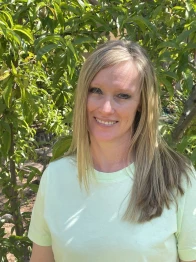
Award-winning, bestselling author, Robbie Cheadle, has published fourteen children’s books and two poetry books. Her work also features in several poetry and short story anthologies.
Robbie also has two novels published under the name of Roberta Eaton Cheadle and has horror, paranormal, and fantasy short stories featured in several anthologies under this name.
The eleven Sir Chocolate children’s picture books, co-authored by Robbie and Michael Cheadle, are written in sweet, short rhymes which are easy for young children to follow and are illustrated with pictures of delicious cakes and cake decorations. Each book also includes simple recipes or biscuit art directions which children can make under adult supervision.
Robbie and Michael Cheadle have recently launched a new series of children’s books called Southern African Safari Adventures. The first book, Neema the Misfit Giraffe is now available from Amazon.
Robbie’s blog includes recipes, fondant and cake artwork, poetry, and book reviews. https://robbiesinspiration.wordpress.com/
You can find example of Robbie Cheadle’s artwork in her art gallery here: https://www.robbiecheadle.co.za/art-gallery/

